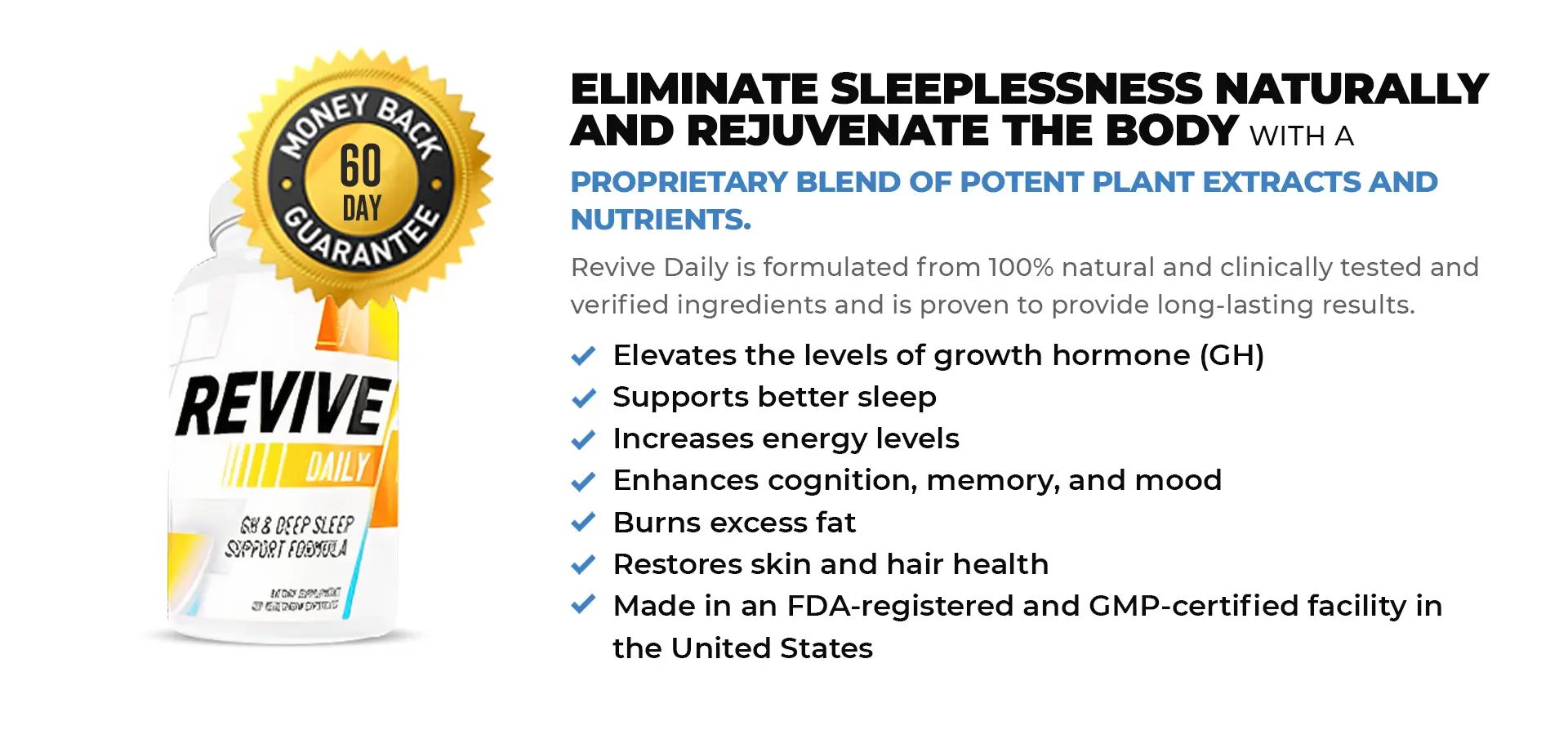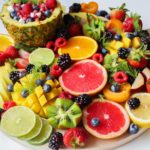Healthy Snacks for healthy living
Snacking is one of those issues that can wreck the best-laid plan for healthier eating. Everyone wants a snack now and then, but the key is to make those snacks healthy and nutritious as well as delicious.
There are many great snacks that can be enjoyed guilt-free. For instance choosing snacks from whole grain products, fruits and vegetables, milk and dairy products, meat, and nuts can be a great way to satisfy your craving without destroying your diet.
The world of grain and whole grain products contains a great many healthy snacks, including whole grain bread (wheat bread and rye bread are great choices), whole wheat bagels, wholesome tortilla shells, pita bread, and whole grain cereals.
Healthy Snacks
The all-important vegetable and fruit food group contains so many ideas for healthy snacks that it would be impossible to list them all here. Some of the best, tastiest, and easiest fresh fruit and vegetable snacks include baby carrots or carrot slices, bit-size vegetables such as broccoli florets, radishes, green peppers, fresh vegetable and fruit juice, and fruit salads.
For a quick and easy fruit salad, try this five-minute recipe. Open a can of mandarin oranges and pour it into a bowl, making sure to capture all the delicious juice as well. Cut up a banana, an apple, and a nectarine and add them to the bowl. Add some strawberries, blueberries, and raisins for extra taste and color, and serve.
Of course, fresh fruit also makes a great snack on its own. Snacking on apples, bananas and oranges is a great way to eat healthily and still enjoy delicious snacks. Keeping a bowl of delicious fruit on the table or the coffee table is a great way to encourage the entire family to eat healthier.
The milk and dairy products food group also contains many healthy snack items, including low-fat and nonfat yogurt, skim milk, low-fat puddings, cheeses, and even chocolate milk.
Low-fat cuts of prepared meats and low-fat varieties of lunch meats make great snacks as well. Sandwiches made with whole grain bread and low-calorie spread like mustard can be a great treat any time of day or night.
Canned tuna (packed in the water of course), peanut butter, eggs, egg substitutes, poultry, nuts, and beans are also excellent choices for healthy snacks.
When creating healthy snacks, it is important to limit the consumption of high-fat foods, and foods high in salt and sodium. Instead of buying snacks in the snack aisle of the grocery store, try making your own using some of the suggestions listed above.
For added variety, try combining several different healthy snacks in unexpected ways. For instance, try spreading peanut butter on pita bread, or use it as a fun dip for apple slices. Or top a whole-grain English muffin with tuna and cheese. Place it in the broiler for a few minutes and enjoy a healthy and delicious snack.
Other good ideas for quick and healthy snacks include pairing fresh fruit with nonfat plain or vanilla yogurt, adding fresh fruit slices to cereal, and using fresh fruit and fruit juices to make delicious smoothies.
To perk up bagels that are getting a little stale, try slicing them into thin pieces and arranging them on a baking sheet. Brush them with some low-fat salt-free butter or margarine, and some garlic powder, and bake them for 10-12 minutes at 350 degrees. This is a great way to make your own inexpensive and healthy bagel chips without the preservatives or extra sodium found in the store-bought variety.
There are of course many other types of healthy snacks, and their variety is only limited by your creativity. It is important to make a variety of healthy snacks and keep them readily at hand. Replacing all those unhealthy snacks with healthier alternatives is one of the best ways to keep snack cravings from sidetracking your healthy eating goals.
DISCLAIMER:
This information is not presented by a medical practitioner and is for educational and informational purposes only. The content is not intended to be a substitute for professional medical advice, diagnosis, or treatment. Always seek the advice of your physician or other qualified healthcare providers with any questions you may have regarding a medical condition. Never disregard professional medical advice or delay in seeking it because of something you have read.
Since natural and/or dietary supplements are not FDA-approved they must be accompanied by a two-part disclaimer on the product label: that the statement has not been evaluated by FDA and that the product is not intended to “diagnose, treat, cure or prevent any disease.”





